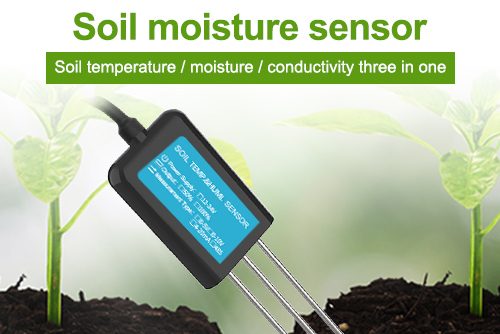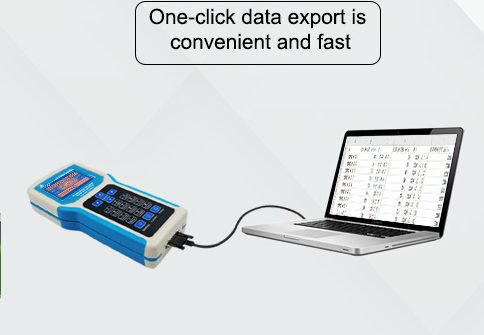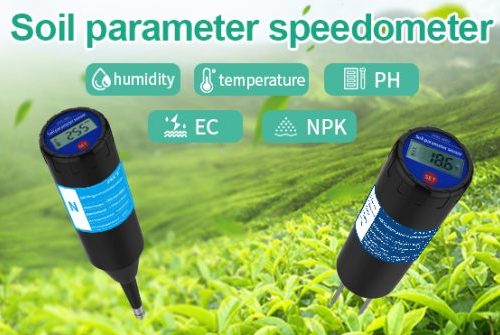Learn about soil humidity sensor
In today’s rapidly evolving agricultural landscape, soil humidity sensor technology plays a key role in maximizing crop yield. These devices change the way farmers monitor and manage soil moisture, increasing water efficiency and improving crop health. In this article, we will explore the benefits of soil humidity sensors and their impact on enhancing agriculture.

Benefits of soil humidity sensors
First and foremost, soil humidity sensor enable precise and real-time monitoring of soil moisture levels. Traditionally, farmers have relied on artificial soil sampling to assess moisture content, which is time-consuming and inaccurate. With soil moisture sensors, farmers can get real-time data on soil moisture for timely irrigation. This not only conserves water resources but also ensures optimal growing conditions for crops.

Moreover, soil humidity sensors facilitate the implementation of precision agriculture techniques. By collecting soil moisture data at different points in the field, farmers can adjust irrigation strategies according to their needs. This targeted approach reduces water wastage, minimizes the risk of soil erosion, and enhances overall crop productivity. In addition, these sensors can be paired with other agricultural equipment, such as automated irrigation systems, to create efficient farming operations.
In addition to improving water management, soil humidity sensor contribute to better decision-making and resource allocation. By analyzing historical moisture data, farmers can understand the water retention capacity of the soil and determine moisture patterns. And, make smart choices about crop selection and planting plans. This approach allows farmers to mitigate the effects of drought and achieve more resilient farming practices.
Furthermore, the integration of soil humidity sensor with data analytics and predictive modeling holds immense potential for optimizing agricultural outcomes. By leveraging machine learning algorithms and historical sensor data, farmers can forecast soil moisture trends, anticipate irrigation requirements, and even predict potential yield fluctuations based on varying moisture levels. This predictive capability empowers farmers to proactively address challenges and maximize the productivity of their land.
Another significant advantage of soil humidity sensors is their role in promoting environmental sustainability. By using soil sensors to precisely manage irrigation, farmers can minimize fertilizer infiltration into the ecosystem. Thus, reducing the ecological footprint of agricultural activities. In addition, farmers save water through efficient irrigation methods, which helps to protect water resources and solve problems related to environmental protection.
It is important to note that the widespread adoption of soil humidity sensors is not without challenges. Initial investment costs, technological literacy, and data management complexities may pose barriers to entry for some farmers. However, as the technology matures and prices fall, coupled with extensive educational initiatives, it is paving the way for soil moisture sensors to be widely integrated into modern agriculture.
conclusion
In conclusion, soil moisture sensors represent an advance in agriculture and offer many benefits. This includes accurate humidity monitoring, water management and environmental sustainability. As technology continues to evolve, farmers must adopt soil moisture sensors to optimize operations and contribute to sustainable agriculture globally. Soil moisture sensors are an important part of the transition to more efficient and sustainable agriculture.
